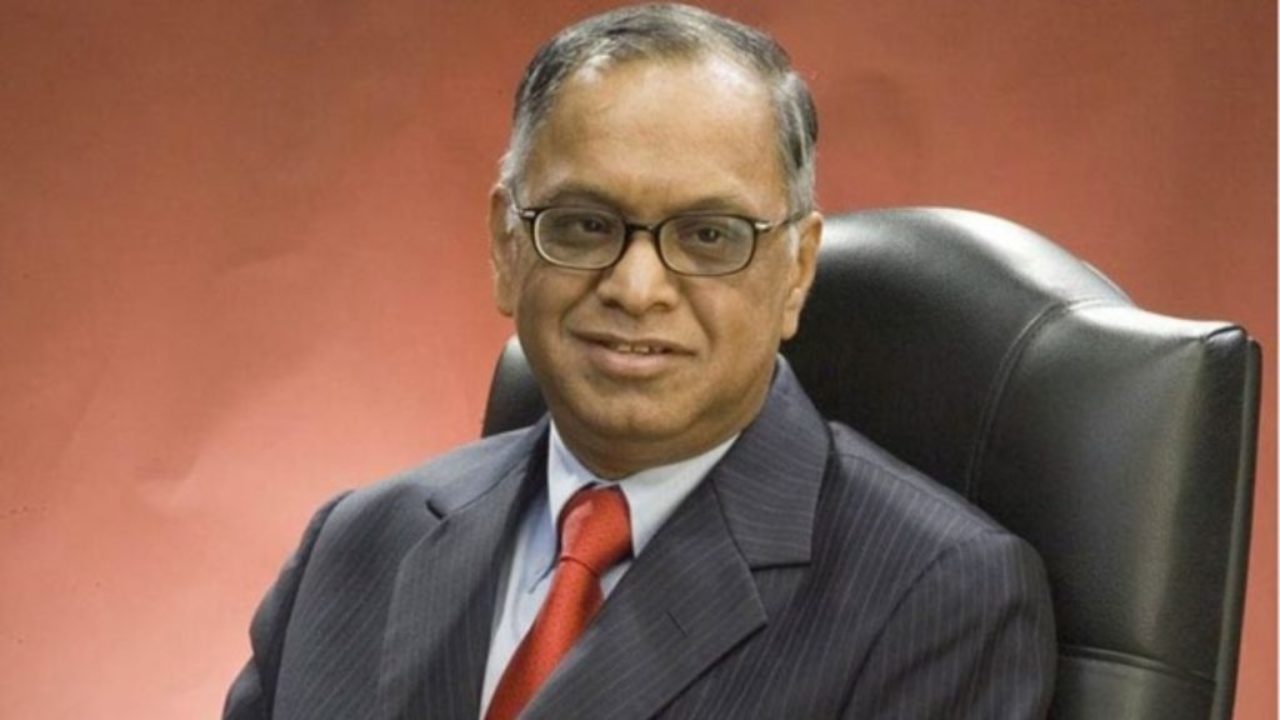
Infosys co-founder Narayana Murthy recently sparked significant debate with his assertion that while Indians excel at applying ideas generated elsewhere, they need to put in more effort to enhance the country’s global competitiveness. His comments were made during a podcast with former Infosys CEO Mohandas Pai on 3one4 Capital’s ‘The Record’ series.
The Context of Murthy’s Comments
Murthy, a prominent figure in the Indian IT industry, emphasized the need for Indian youth to work harder, advocating for a 70-hour work week. He cited the examples of post-World War II Germany and Japan, where people worked extra hours to rebuild their nations. Murthy argued that India’s work productivity is currently one of the lowest in the world and needs to improve significantly to compete with developed countries like China.
The Debate Over Work Culture
Murthy’s call for a 70-hour work week has ignited a mixed response. Supporters of his viewpoint argue that increased effort and dedication are essential for India to advance economically. Critics, however, have raised concerns about the implications for work-life balance and mental health. Many point out that women, in particular, already juggle significant workloads at home and in the office, often exceeding the proposed 70 hours.
Murthy’s Vision for India’s Future
Murthy believes that India’s youth need to adopt a stronger work ethic and contribute more actively to the country’s development. He has often highlighted the need for reducing corruption and bureaucratic delays to improve productivity and foster a more efficient working environment. By applying ideas and innovations generated globally, he contends, India can make substantial progress.
However, Murthy’s comments also reflect a broader discourse on the evolving work culture in India. The Covid-19 pandemic has prompted a reevaluation of work-life balance globally, with some countries experimenting with shorter workweeks to enhance employee well-being.
Narayana Murthy’s remarks have undoubtedly stirred a critical conversation about the future of work in India. While his call for increased work hours aims to boost productivity and economic growth, it also highlights the challenges of balancing such demands with the well-being of the workforce. As India continues to grow as a global economic player, these discussions will be crucial in shaping its path forward.






















